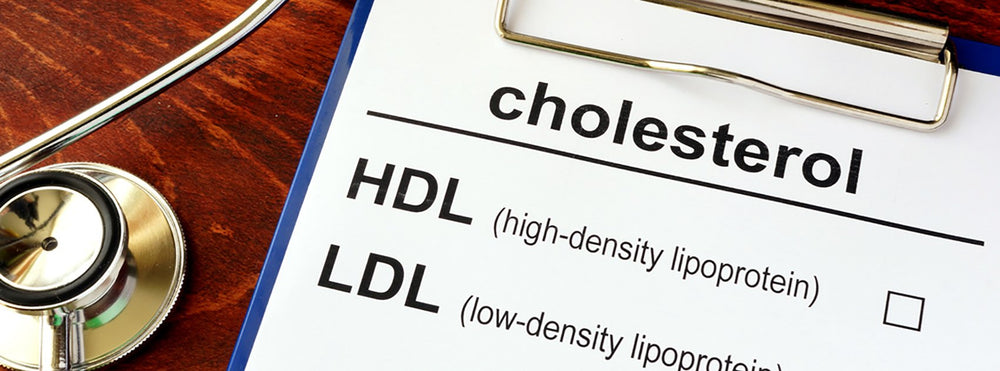Very low LDL cholesterol and increased risk of stroke. Should you be concerned?

Strokes that result from bleeding into the brain (hemorrhagic strokes) are much less common than ones that result from blood flow being cut off to brain tissue (ischemic strokes). Bleeding/hemorrhagic strokes are also more difficult to treat and therefore more likely to be deadly.
Earlier this month a study came out warning of a two-fold increase in the risk of bleeding stroke in women with LDL cholesterol levels below 70 mg/dL. Very low triglyceride levels (below 74 mg/dL) were also associated with higher risk. The study that showed this association was notable for its size, since it included over 27,000 women over age 45 that were followed for an average of 19 years.
Not surprisingly, these findings generated a lot of press coverage, raising concerns among many patients who are purposefully trying to lower their LDL. Noteworthy is the fact that published cholesterol treatment guidelines actually advise getting LDL to below 70 mg/dL if heart disease is present.
So what should you do with this new information?
First, it’s important to put it into context because there's always more to the story than the headlines reveal:
1. Over the 19 years of the study, only 0.8% of women with very low LDL experienced a hemorrhagic stroke, compared to 0.4% of women with higher LDL readings. So the rate of events might have doubled with low LDL values, but practically speaking the chance of experiencing a bleeding stroke is still remote, regardless of cholesterol level. And just in case you’re wondering, for triglycerides, 0.6% of women with levels below 74 mg/dL experienced a stroke, compared to 0.4% of those with higher levels.
2. The researchers only looked at the very first cholesterol profile obtained at the beginning of the study. And we don’t know what happened to those profiles over time. If some of the women with higher LDL levels ended up with lower readings during the 19 years of follow-up (because they were placed on statins, for example), the whole premise of the analysis could have been made moot.
3. Women with migraine headache with aura, and women with a past history of high blood pressure with pregnancy (preeclampsia) have also been shown to have increased risk for hemorrhagic stroke and these risk factors were not accounted for in comparing the groups.
Second, it’s the cumulative risk of all events that matters, so don't forget the bigger picture. Especially since multiple other large studies have shown improved overall outcomes with lower LDL readings.
So what am I telling my patients now?
The same thing I’ve been telling them all along. That people who live long well do so because they live well - and achieving perfect numbers without achieving a better lifestyle is an incomplete solution. And that one study, regardless of how many people were enrolled, doesn’t change the fundamentals. And that the risk of a bleeding stroke is very low regardless of cholesterol levels. And that, based upon mountains of evidence, LDL under 70 mg/dL is still a reasonable goal for those individuals who have established heart disease.

Try our Newest Bar!
Cherry Pecan Bar
Discover the perfect harmony of cherries and pecans in our Cherry Pecan Bar. Montmorency cherries, renowned for their antioxidant and anti-inflammatory properties, are combined with premium pecans to create a delicious blend of sweet, tart, and nutty flavors. Packed with white chia seeds, flax, and walnuts, this bar offers more than just taste—it's a superfood-filled snacking option. Our Cherry Pecan Bar is the perfect choice, whether you're on the go or seeking a nourishing treat.
Get heart health tips and articles like this, delivered right to your email.
New articles every week.
You may also like...

You don’t need to avoid foods with cholesterol…except for these




